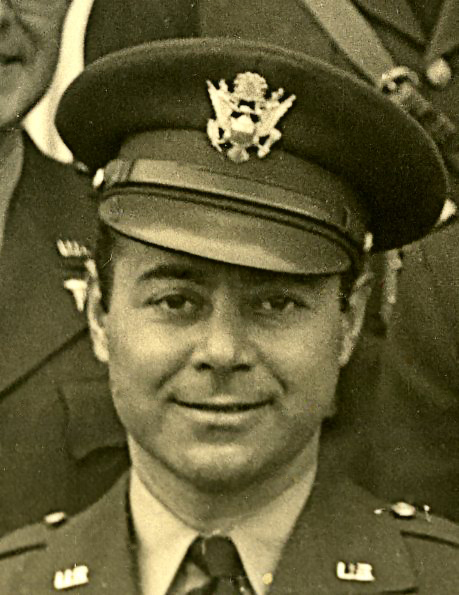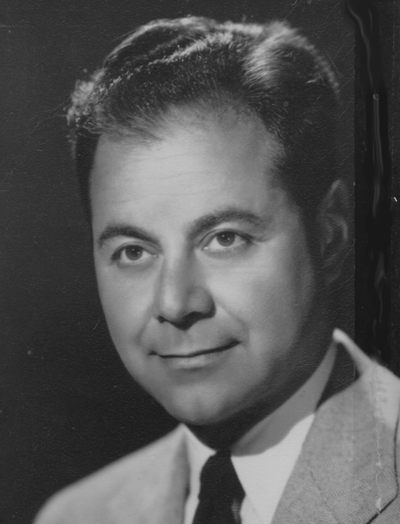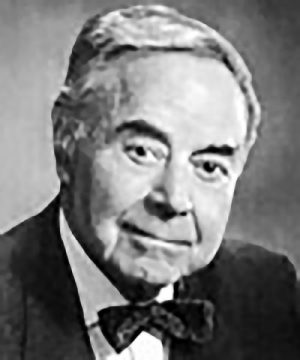You are here: Home / Roy Cohn bio
Roy Cohn, MD
Roy Cohn was born in 1910 in Portland, Oregon and was raised in Southern California. He came to Stanford as an undergraduate in the mid-1920s, and received his bachelor’s degree in 1929. He graduated from Stanford Medical School (which was then located in San Francisco) in 1933.
After serving as chief resident in general surgery at Massachusetts General in Boston, Dr. Cohn returned to Stanford to join the medical faculty in 1938. He went to India as a Rockefeller Foundation Fellow in 1939-41, helping to establish a major hospital in Bombay.
Back at San Francisco in 1942, he joined the 59th Evacuation Hospital along with his colleagues at Stanford. He was awarded a Purple Heart for his valor during the war.
After World War II, he again returned to Stanford, where he published extensively and was highly regarded as a surgical innovator, teacher and mentor. In 1960, Dr. Cohn performed one of the first kidney transplants in the United States, and the first kidney transplant West of the Mississippi. He also developed the kidney transplant program at Stanford and in 1964 co-authored a landmark paper in the field of transplantation surgery. In addition to Dr. Cohn’s pioneering work with kidneys, he also developed an innovative method for closing holes in the heart.
As the science of transplantation advanced, Dr. Cohn and heart-transplant surgeon Dr. Norman Shumway recognized the need for the government and medical community to rethink the criteria for harvesting healthy organs. They urged that the definition of death be based on the cessation of brain activity rather than on the absence of a heartbeat — a change that helped make heart transplant and other organ transplant surgeries available to save the lives of thousands of people around the world each year.
In 1974, he was honored with an endowed professorship, the Walter Clifford Chidester and Elsa Rooney Chidester Professorship in Surgery. The Roy B. Cohn Bioskills Laboratory in Human Anatomy at Stanford University is named in his honor. He retired in 1989 but remained active for several years.
Dr. Cohn passed away in 1999.



